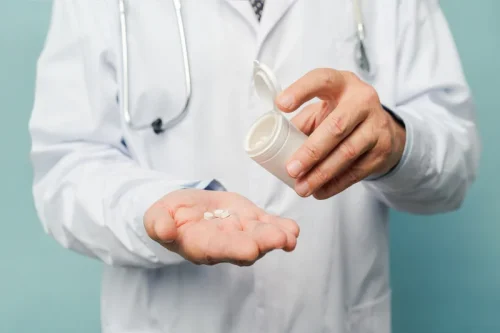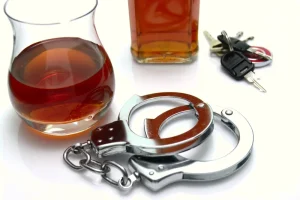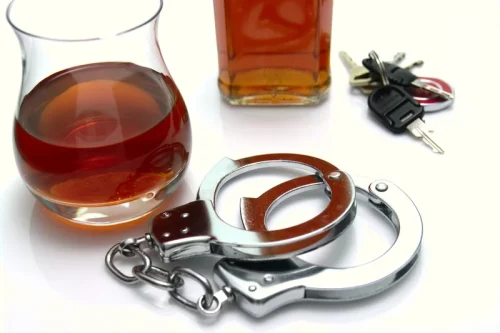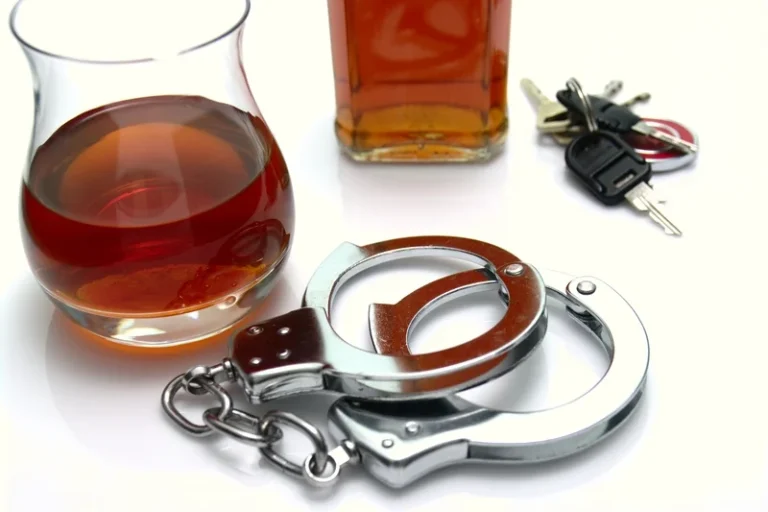
Tapering is the practice of slowly reducing the regular consumption of a substance like alcohol. Tapering can sometimes help a person avoid uncomfortable and sometimes deadly symptoms of withdrawal. Individuals who’ve consumed higher amounts of alcohol over time can develop life-threatening complications when trying to quit. These complications can develop within a few hours or days and appear in the form of seizures, delirium tremens (DTs), and hallucinations, sometimes even leading to death. For example, someone who has been drinking three beers a day will how to taper off alcohol generally have an easier and shorter overall time tapering off of alcohol than someone who has been drinking double that amount per day. For many other drugs, tapering is actually a standard treatment during medical detox.
- The exact benefits will depend on how much alcohol you were drinking and on factors such as your genetics, overall health, and how your body responds.
- Diseases like pneumonia and tuberculosis are more frequent in individuals who chronically drink.
- When you quit alcohol cold turkey, you quit drinking completely and suddenly.
- This is what causes you to feel light-headed or tipsy after multiple alcoholic drinks.
- It can mean more time for your other interests, and even new interests.
- This highlights the critical need for medical supervision and treatment programs during alcohol withdrawal to ensure the individual’s safety and well-being.
Alcohol Withdrawal Symptoms
- BetterHelp can connect you to an addiction and mental health counselor.
- Choosing the right rehab center, with personalized care and qualified staff, is crucial for a successful treatment journey.
- Minor symptoms of alcohol withdrawal can be overcome with rest and at-home remedies, and it is possible for some people to taper off alcohol without supervision.
- If you feel comfortable doing so, discuss your challenges with your primary healthcare professional.
Maybe you could start writing a shopping list in advance of a trip to the supermarket – if there’s no alcohol on the list, you will be less tempted to buy some. In the early stages, it’s a good idea to avoid situations where you may be tempted to drink. This could mean opting out of the weekly pub quiz for a while, or if you tend to drink when eating out, try going to https://ecosoberhouse.com/ restaurants that don’t sell alcohol or simply volunteer to drive. Whatever your reason, the good news is that anyone can stop drinking. And if you’re thinking about removing alcohol from your life, you’re not alone. Explore « what is drug therapy? », its various types, and how it’s transforming lives in the realm of healthcare.

Alcoholic Life Expectancy: Using Calculators and Examining Overall Impact of Alcohol Abuse

Medical supervision, treatment programs, stress-reducing techniques, and physical activity can all play significant roles in achieving long-term recovery and maintaining sobriety. It’s important to remember that everyone’s journey is unique, and finding the right combination of strategies and support is essential for a successful recovery. Some people avoid medically supervised rehab because they prefer natural remedies for alcohol withdrawal. Slowly tapering off alcohol is the safest way to naturally overcome alcohol withdrawal, and many at-home remedies can help you cope with mild withdrawal symptoms. However, medical treatment is necessary to treat major symptoms of withdrawal.
Online Therapy Can Help
When you’re having a good time, you find it hard to stop, especially in the company of friends having the same amount. Avoid taking prescription drugs that your doctor hasn’t prescribed to you. If withdrawal is so uncomfortable that you’re turning to drugs for comfort, you should contact your doctor or a rehab center to discuss medically supervised withdrawal. The alcohol content in specific beer, wine and liquor products differs. You can use the guidelines to get an idea of how many standard drinks you’re used to.

- Whether you’re a daily imbiber, heavy drinker, or frequent binge drinker, you’re likely to experience withdrawal symptoms when you quit.
- It is important to note that the reported mortality rate for patients who experience delirium tremens ranges from 1 to 5%.
- The Recovery Village Ridgefield medical detox center in Vancouver, WA, is a fully staffed rehab facility designed to help you wean off alcohol in comfort.
- The symptoms of alcohol withdrawal can be more than enough to drive people back to drinking to find relief.
- Discover the life-changing benefits of rehab centers in PA, your key to lasting recovery from addiction.
It can take between two to four days for the symptoms of delirium tremens to fully manifest, and at least another three days for them to run their course. Although it is possible to taper your alcohol use alone, professionals highly advise that you seek medical attention. By talking with your doctor or an addiction treatment specialist, together you can determine a safe tapering schedule that suits your needs. Medical detox programs for alcohol dependency commonly offer medications to ease the discomfort or pain of withdrawal.

Can I prevent alcohol withdrawal?

Deciding to taper off alcohol is a slower process that requires planning, but it can decrease both the chase of experiencing severe withdrawal symptoms and relapse. Depending on how much you drink, tapering off alcohol can take one to several weeks. It’s best to reduce your drinking by a small amount each day to avoid the shock to your system. So, if you normally have 6 beers a day, you could be done tapering within one week.

